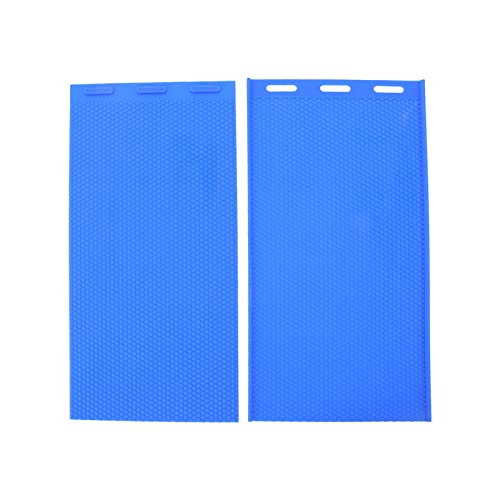- Joined
- Feb 22, 2012
- Messages
- 286
- Reaction score
- 1
- Location
- derbyshire
- Hive Type
- National
- Number of Hives
- more than 4
Well its still interesting
The ' honey laundering ' news item thats been running in the US this year is a bout Chinese honey being relabelled in intermediary countrys before being shipped into the States
Some reports there say that Chinese honey is banned in UK and Australia
Now when I pick up a jar of cheap honey on a supermarket shelf it says blend of eu and non eu honeys
Not really a detailed indication of provenance is it??
It doesnt take much of a stretch of the imagination to speculate that if relabling and shipping to the US is a problem what about imports into the EU ??
Which non EU countries I'd like to know and of course you couldnt guarantee the origins of the EU honey either
Apparently the imports that were relabelled and shipped into the US were also refiltered to disguise the Chinese origin
The ' honey laundering ' news item thats been running in the US this year is a bout Chinese honey being relabelled in intermediary countrys before being shipped into the States
Some reports there say that Chinese honey is banned in UK and Australia
Now when I pick up a jar of cheap honey on a supermarket shelf it says blend of eu and non eu honeys
Not really a detailed indication of provenance is it??
It doesnt take much of a stretch of the imagination to speculate that if relabling and shipping to the US is a problem what about imports into the EU ??
Which non EU countries I'd like to know and of course you couldnt guarantee the origins of the EU honey either
Apparently the imports that were relabelled and shipped into the US were also refiltered to disguise the Chinese origin





 Twas a RED HERRING then !
Twas a RED HERRING then !


















































